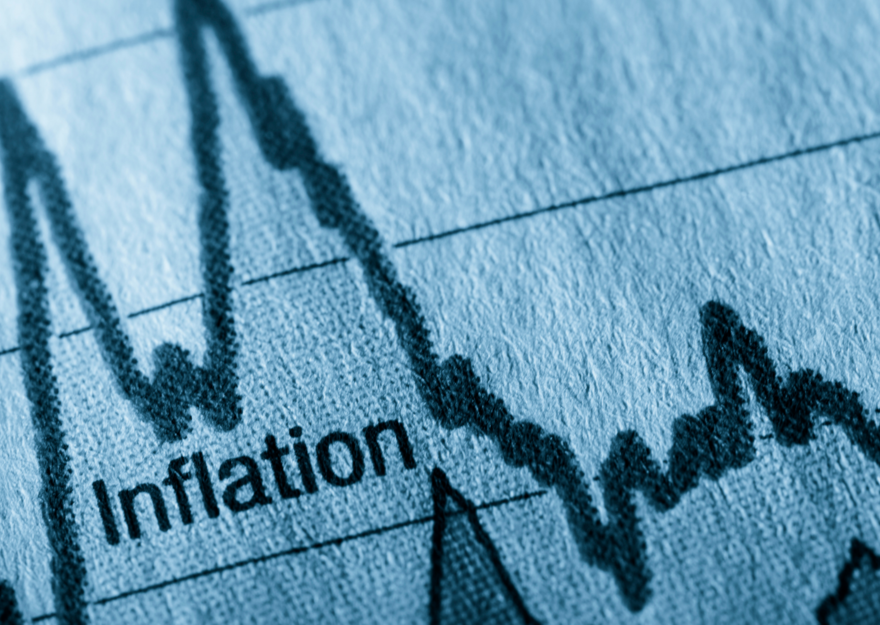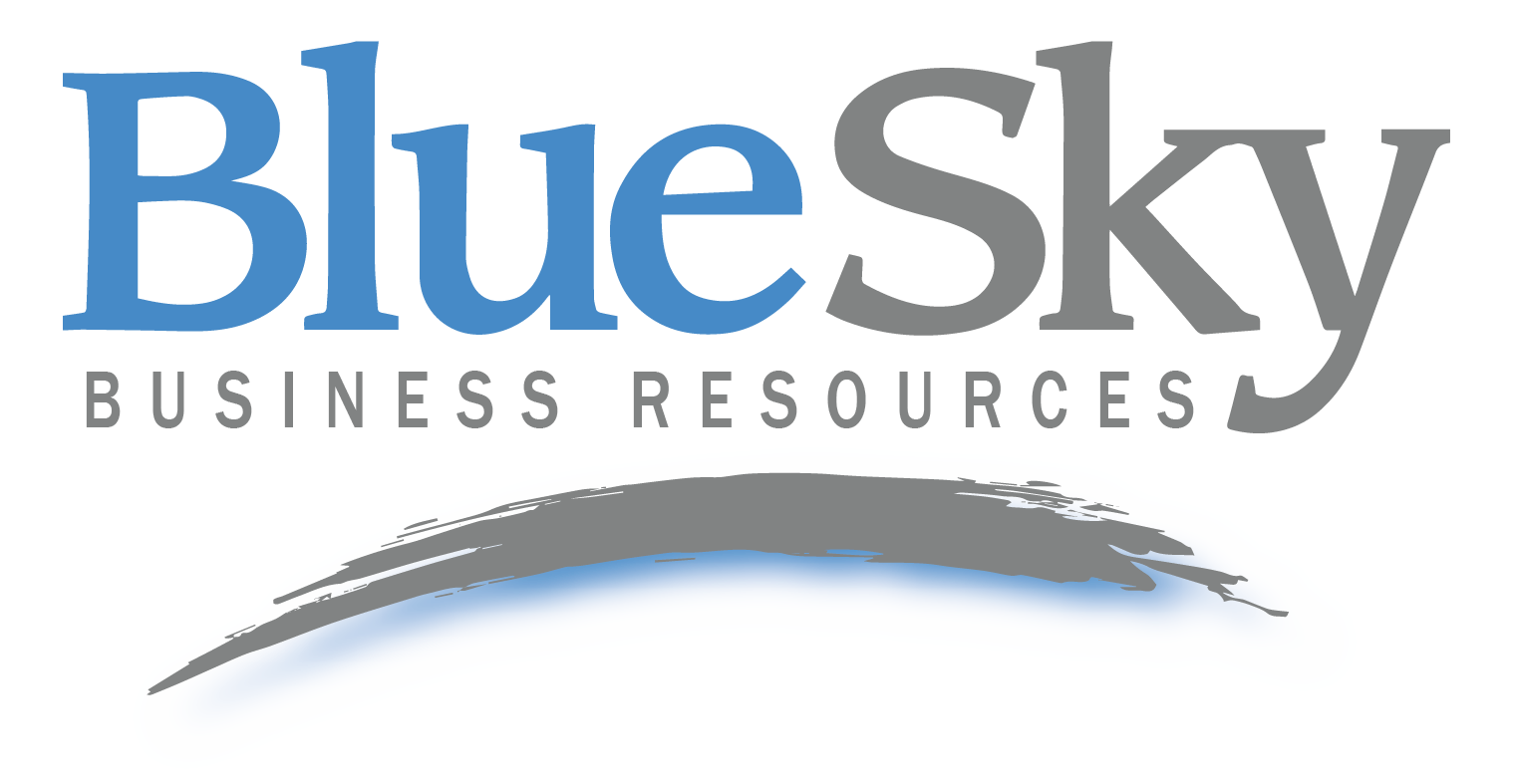Inflation

Inflation
Dictionary Definition
Inflation is the decline of purchasing power of a given currency over time. A quantitative estimate of the rate at which the decline in purchasing power occurs can be reflected in the increase of an average price level of a basket of selected goods and services in an economy over some period of time.
Plain English
In practice, inflation is a normal growth state for economies where prices continue to rise, and the purchasing power of currency lags slightly behind. The problem arises when prices rise significantly faster than wages.
The benefits of inflation include a lower real cost of debt, which enables economic growth.
The disadvantages of inflation include a decreased value in fixed percentage savings strategies and a negative impact on global competitiveness.
Why it Matters to You
In periods of inflation, it is appropriate to aggressively pay down the face value of debt, since that face value is essentially diminished.
It is also important for businesses to regularly assess pricing and wages during periods of inflation to remain competitive on both fronts.


0 comments
Leave a comment
Please log in or register to post a comment